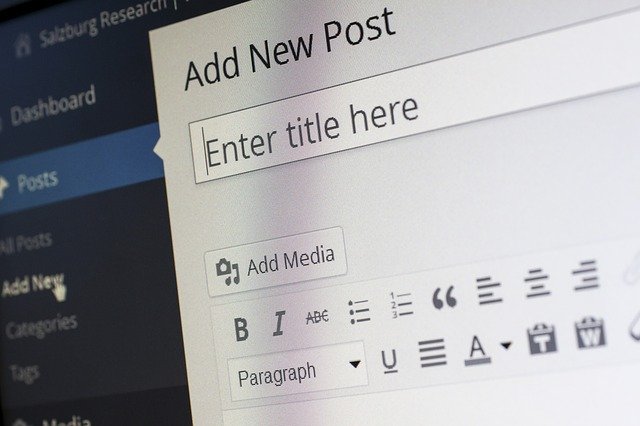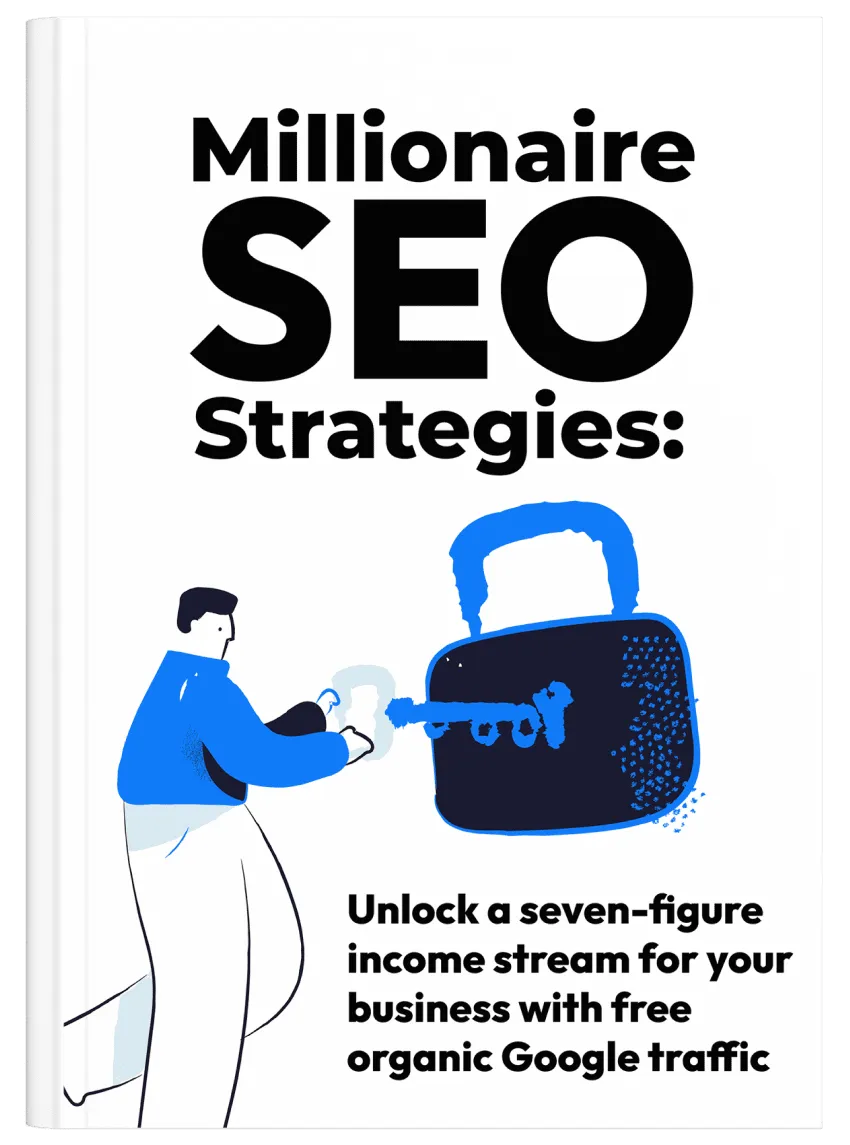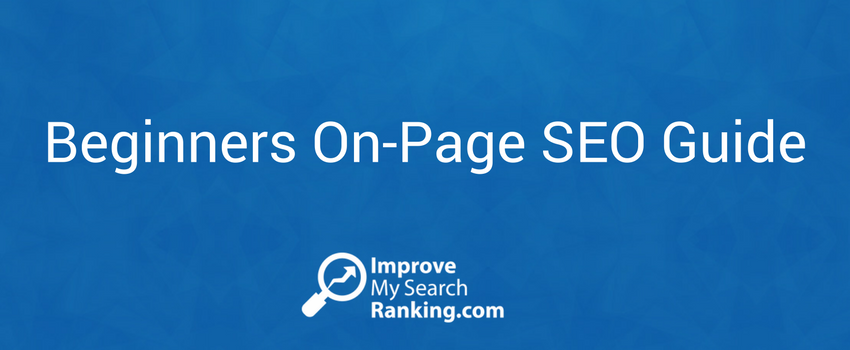
How to Make a Good Headline: Avoid These 4 Things
Roughly 80 percent of the people only read the headline. Nearly 60 percent of people share a link after just reading the headline.
That’s how important headlines could be.
But what if your headline fails?
In that case, chances are that your content will fail as well — because 8 out of 10 people likely won’t even read the amazing, well-researched piece you’ve written.
That’s why a lot of your time and attention should go towards perfecting the headline of your next content piece. Similarly, a lot of your focus should also be on making sure that you don’t make mistakes that might lead your headings towards failure.
In this post, we highlight four big reasons why a headline might fail.
1. It doesn’t have a benefit
It is one of the most common reasons why most headlines fail.
If you want to know the one copywriting rule that will always help you, it is this: sell benefits.
Does your title indicate a benefit for the readers? If it doesn’t, it is more likely to fail.
Ask yourself: what’s in it for the reader? Will it benefit the reader if they click the headline and read the rest of my post?
And always remember that no one wants to buy a one-inch drill. They want a one-inch hole where they could hang their favorite photograph.
2. It doesn’t have any clarity
Recent scientific studies and researches prove that readers prefer clear headlines.
Unfortunately, most headlines are messy, complicated, and definitely not clear.
Clarity is important. In fact, it is often the most important thing in this cluttered online world. And maybe, it is because of the lack of clarity that most of your headlines fail.
Here is an example of a headline with a lot of clarity that doesn’t leave much ambiguity. The reader would know exactly what they are getting into.
As long as the content on the page matches the expectations set by the headline, the user will have a good user experience. On the other hand, a bad user experience would also send negative signals to search engines — which might lead to a demotion in search engine rankings.
3. It is too long
Longer headlines vs. shorter headlines: which one works better?
It is kind of debatable, and there is no definite answer. But there is a case for shorter headlines being better at times when compared to longer headlines.
Longer headlines require too much attention from readers. Moreover, some long headlines can become unnecessarily complicated — not very easy to read or understand.
If you are unsure which route to take, try sticking with a shorter headline. It has fewer chances of being a failure and more chances of creating a powerful impact and being more memorable.
Besides, longer headlines are also a big problem when it comes to search engine optimization. If a headline is too long, it will get truncated in the search engine results pages (SERPs).
Ideally, your headline should have less than 60 characters. Whenever in doubt, use a SERP snippet checker tool to see how your headline would appear in the search results.
4. It doesn’t attract the right kind of target audience
Every blog post or copy is written for a very specific group of target audience.
What if your headline doesn’t target your specific audience and prospects? If it does not appeal to the right audience, it will likely fail — and your content with it.
As we discussed earlier, a lot is riding on the headline. People are overwhelmed on the internet with blog posts, infographics, videos, podcasts, and other forms of online content. The attention span of the average online reader is shrinking.
Your content headline should be able to address and attract the right type of readers who’d stick to the end of the post, become a follower, and/or buy the product from you.
Conclusion
Content headlines (or title tags) are extremely crucial for your online content to succeed. If the headlines you write do not have these aforementioned four qualities, they are more likely to fail.
Good news is that now you know which pitfalls to avoid the next time you’re creating a title for your blog post or landing page.
Related Posts:









